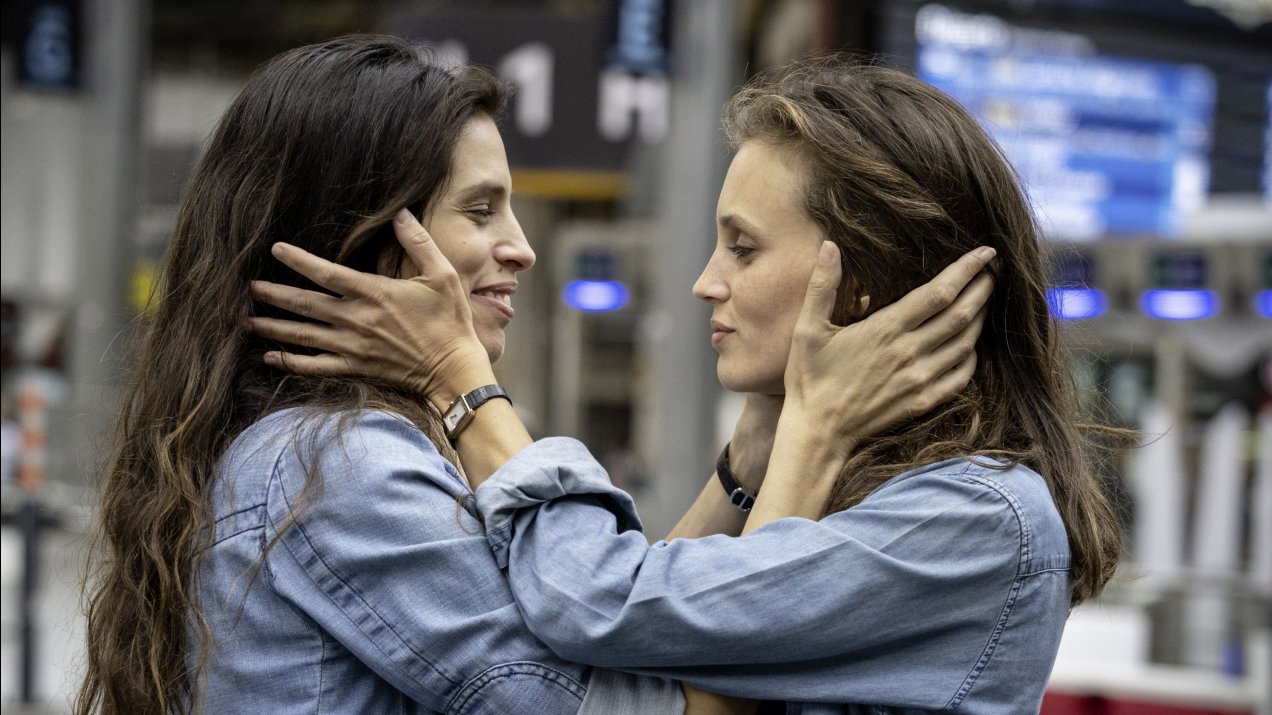
- Golden Globe Awards
DNA (France)
A divorced mother of three, 40-something Neige (Maïwenn) is devastated after the passing of her maternal grand-father, Emir. An Algerian emigrant, settled in France since the early 60s, he had always been there for her, as a buffer against the toxicity of her parents. After all those years, tempestuous relationships, rivalries, and resentments still poison her complex family dynamics. For Neige, the grieving process triggers the irrepressible need to question her cultural identity, explore her roots, wonder about religion and Islam. She takes a DNA test to find out what percentage of her genes come from Emir’s homeland and applies for Algerian citizenship. With a new identity, an ensuing trip to Algiers will possibly free her of the past at last.
DNA is Maïwenn’s fifth film as a director. Her previous works, Pardonnez-moi, All about Actresses, Polisse et Mon Roi, have demonstrated a uniquely distinctive, if not at times polarizing, voice in French cinema. With DNA, she signs what is possibly her most introspective, and viscerally personal opus, which some might also find a tad narcissistic. Expertly weaving noisy pandemonium, explosive conversations filled with tears, laughter and rage, and an improvised feel, the film evokes the naturalist vein of a Maurice Pialat or a Patrice Chéreau, in showing the cruel and cold ways of dysfunctional families.
The idea for this movie came to Maïwenn after the death of her beloved grandfather who, just like for the character Neige, had been an important figure while growing up. The loss of two close friends shortly after also deeply affected her.
“I started to really live with those departed,” she explains, “asking myself what the dead can transmit to us, how to live once they are gone, how to make their presence still palpable and not to let oneself drown in sorrow. Those thoughts became an obsession and exacerbated the need for me to make the film.”
She wrote the first draft of the script alone and then was joined by Matthieu Demy who had just lost his mother Agnes Varda. The two found the collaboration a way to connect and share what she called “the common ground of mourning.”
Like Neige, Maïwenn is partly Algerian. She did a DNA test to know more about her genealogical background and the result was Algerian citizenship. “But I don’t like my films to be described as autobiographical,” she insists. “I find it terribly reductive and inadequate as it implies negating my writing. Some things happened, others were born from my imagination, my regrets and remorse, the courage that failed me, and what I have witnessed. But it is not an autofiction.”
Making the movies was cathartic and helped her look at life differently, make changes and set new priorities for herself, embracing more fully and openly her bicultural heritage. Playing Neige was obvious from the start.
“I always like to act and have done it in all my films except for the last one My King.” She cast French screen legend and longtime muse of François Truffaut, Fanny Ardant, as her uncaring mother, Marine Vacth as her sister and the popular Louis Garrel who wrote all his own dialogue.
Last May,was part of the Official competition of the 73rd

